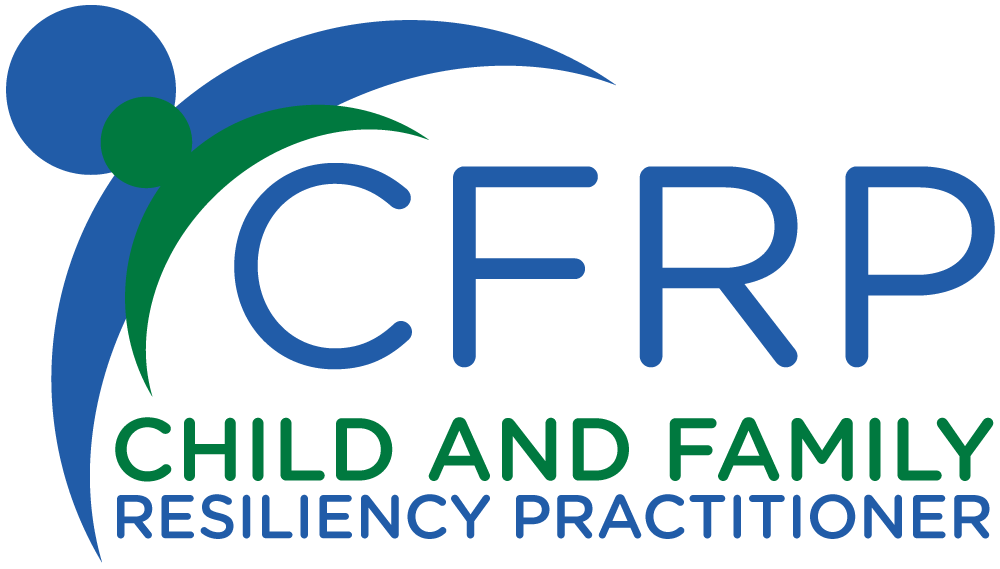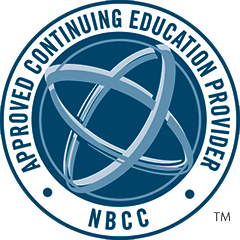Description
Examine several best practices focused on effectively engaging, retaining and graduating youth and young adults in recovery-oriented TAY programs. We will review guidelines for developing and delivering TAY services that are developmentally-informed, stage-of-change specific and culturally-attuned. The presentation will discuss several engagement strategies such as utilizing youth mentors/Peer Supporters, social media and Apps, expressive arts and community partnerships. Common barriers to engagement and retention will also be identified and adjustments suggested.
Date Recorded: November 15, 2016
Learning Objectives
- Discuss additional engagement strategies that can improve retention rates.
- List several strategies that can be appealing, fun and therapeutic.
- Apply guiding principles that are developmentally informed, stage-of-change specific, and culturally attuned.
- Discuss examples of community partnerships that successfully link youth to meaningful roles relationships and resiliencies.
- Define opportunities and challenges in hiring and supporting youth Peer Supporters.
Level
- Intermediate
Course Completion Requirements
In order to complete this course, participants must view the presentation, successfully pass a post-test, and submit an online evaluation. Upon completion, CE Certificates will be available to print directly from the site.
Registration and Refund Policy
Please click below to register for the course. The cost of registration $35 for PRA members and $55 for nonmembers. If your employer is a PRA organizational member with access to reduced rates, you will see that price in the cart.
Your purchase is final. If you believe you are eligible for a rate you do not see in the cart, DO NOT complete your purchase; instead, please email info@psychrehabassociation.org for assistance.
Instructor(s)
Wayne Munchel, LCSW
Wayne Munchel has been involved with youth and young adult programs for the past 20 years. As an Independent Consultant, he is currently providing trainings and program development to TAY and Recovery model programs for adults with serious mental health conditions. He has worked extensively with Stars Behavioral Health Group as the Director of TAY (Transition Age Youth), and the Stars Training Academy in developing and training the Transition to Independence Process (TIP) model. Mr. Munchel has over 30 years of experience working in the mental health field and was one of the original staff of The Village, an innovative recovery model program serving adults with mental illness. Mr. Munchel recently developed the TAY FSP Tool Kit in collaboration with the California Institute of Mental Health. He received his Masters in Social Work from UCLA in 1986.
Mr. Munchel was the founder and Director of the Mental Health Associations’ Transition Age Youth (TAY) Academy from 2000 to 2009. The model program helps young adults (ages 18 to 25) with psychiatric disabilities obtain housing, employment and educational opportunities and learn independent living skills. The TAY Academy serves 100 young adults in the Long Beach community and was identified as a promising practice by the Department of Labor.

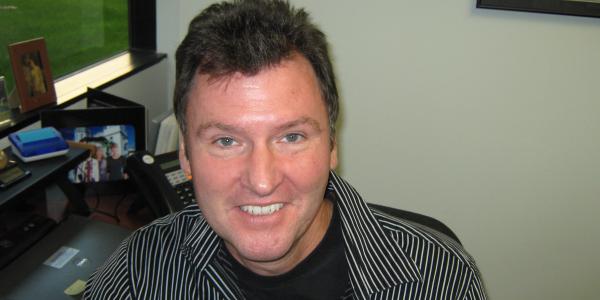
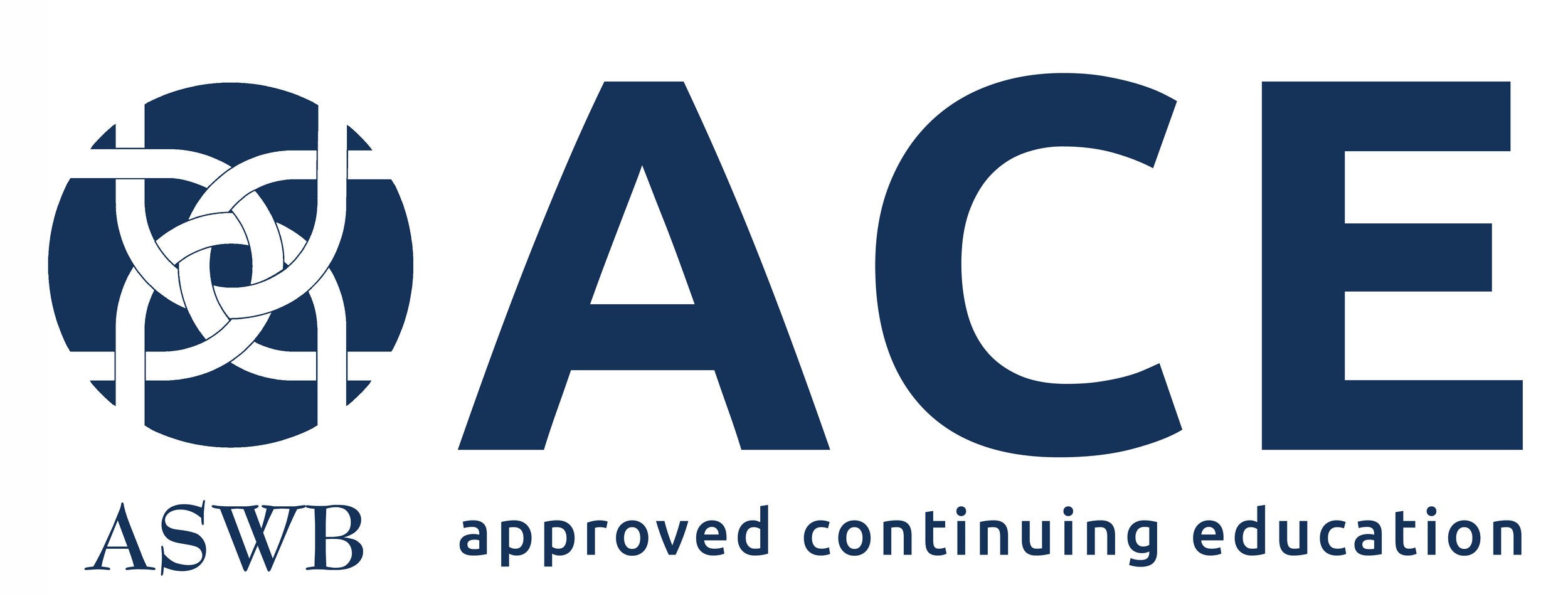 The Academy of Psychiatric Rehabilitation and Recovery (the "Academy"), Provider #1170, is approved as a provider for social work continuing education by the Association of Social Work Boards (ASWB)
The Academy of Psychiatric Rehabilitation and Recovery (the "Academy"), Provider #1170, is approved as a provider for social work continuing education by the Association of Social Work Boards (ASWB) 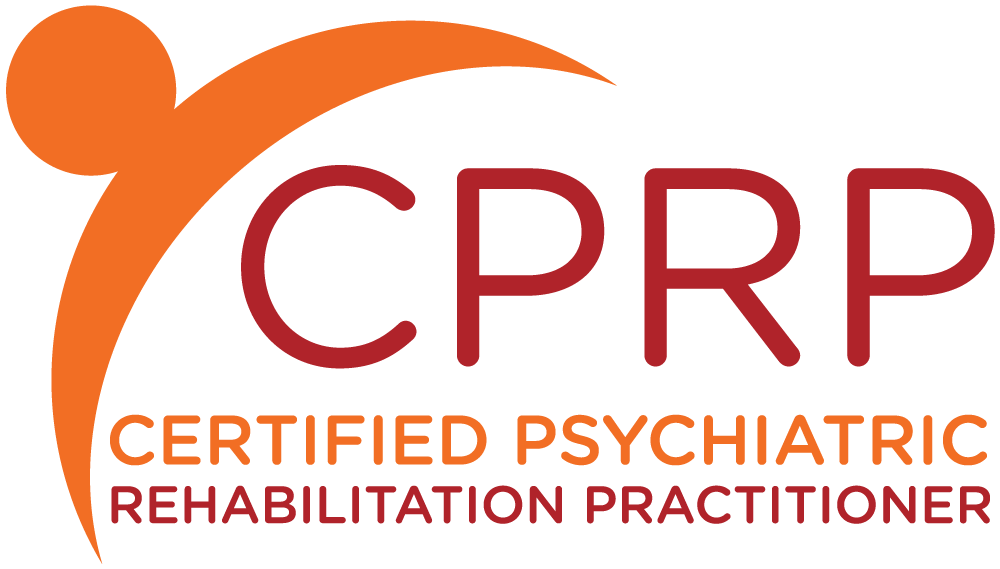 The Academy of Psychiatric Rehabilitation and Recovery, provider #1975, is approved by the Psychiatric Rehabilitation Association (PRA) to provide continuing education to Certified Psychiatric Rehabilitation Practitioners (CPRPs) and CPRP candidates.
The Academy of Psychiatric Rehabilitation and Recovery, provider #1975, is approved by the Psychiatric Rehabilitation Association (PRA) to provide continuing education to Certified Psychiatric Rehabilitation Practitioners (CPRPs) and CPRP candidates.